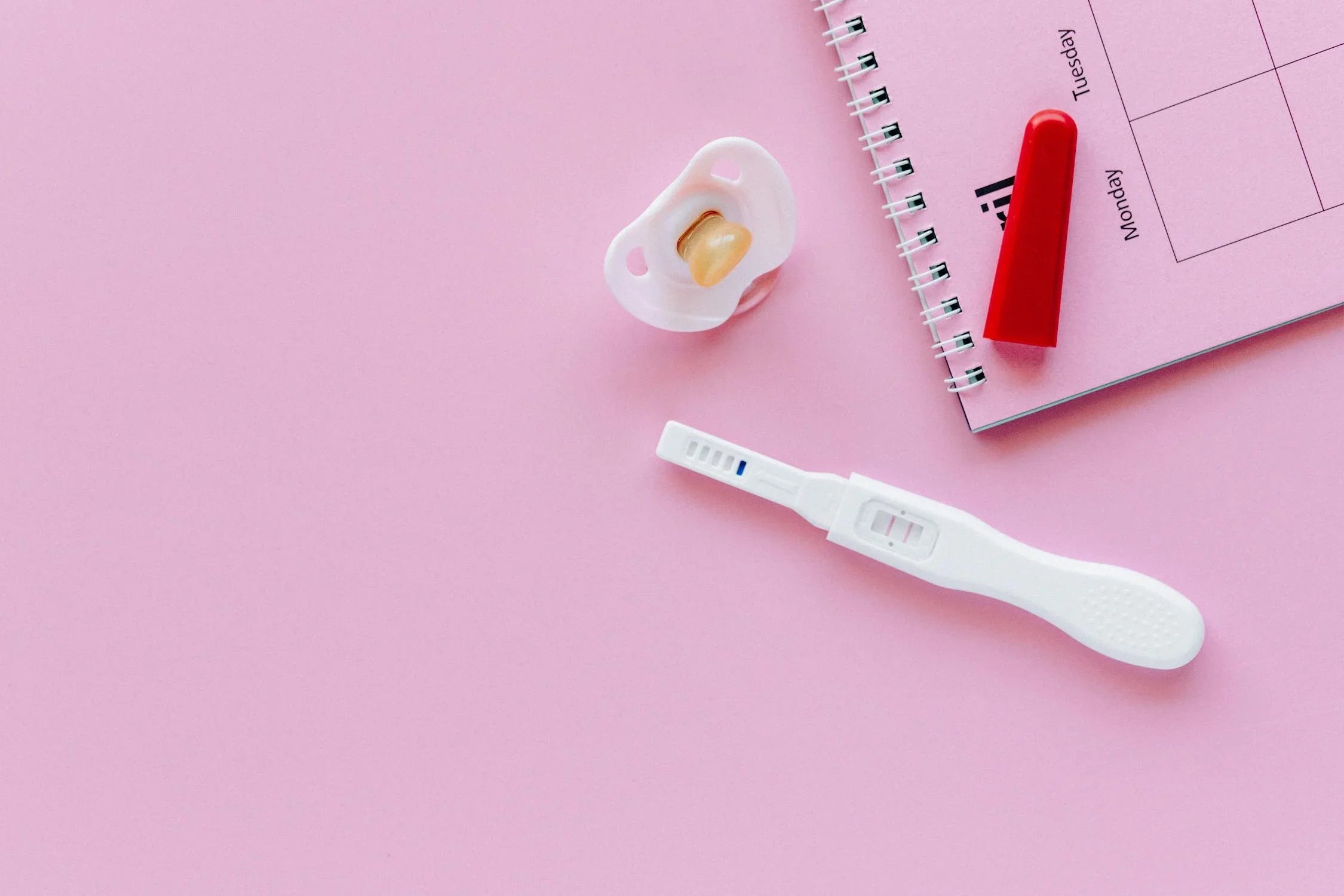Home
Pregnancy, Breastfeeding, and Pumping: The Ultimate Guide for Moms
How Soon Can Take a Pregnancy Test After Implantation Bleeding

How Soon Can Take a Pregnancy Test After Implantation Bleeding
Implantation bleeding is often one of the earliest signs of pregnancy, leaving many women wondering how soon they can take a pregnancy test to confirm their suspicions. Understanding the timing and science behind implantation bleeding and pregnancy tests can help you get the most accurate results. This article will guide you through everything you need to know about taking a pregnancy test after implantation bleeding.
What Is Implantation Bleeding?
Implantation bleeding occurs when a fertilized egg attaches itself to the lining of the uterus. This process typically happens 6 to 12 days after ovulation, which is around the time you would expect your period. The bleeding is usually light and may appear as spotting, lasting anywhere from a few hours to a couple of days. Unlike menstrual bleeding, implantation bleeding is often lighter in color and flow.
How Does Implantation Relate to Pregnancy?
Implantation is a crucial step in the early stages of pregnancy. Once the fertilized egg attaches to the uterine lining, it begins to produce human chorionic gonadotropin (hCG), a hormone that pregnancy tests detect. The levels of hCG increase rapidly in the days following implantation, doubling approximately every 48 to 72 hours. This hormone is what makes it possible to detect pregnancy through a test.
When Can You Take a Pregnancy Test After Implantation Bleeding?
The timing of when you can take a pregnancy test after implantation bleeding depends on several factors, including the sensitivity of the test and the levels of hCG in your body. Most pregnancy tests are designed to detect hCG levels of 25 mIU/mL or higher. Here’s a breakdown of the optimal timing:
- Immediately After Implantation Bleeding: It’s generally too early to take a pregnancy test right after implantation bleeding occurs. hCG levels may not yet be high enough to be detected.
- 3 to 4 Days After Implantation Bleeding: By this time, hCG levels may have risen enough to be detected by some sensitive pregnancy tests. However, results may still be inconclusive.
- 5 to 7 Days After Implantation Bleeding: This is the ideal window for taking a pregnancy test. hCG levels are typically high enough to provide accurate results, especially if you use a highly sensitive test.
Factors That Affect Test Accuracy
Several factors can influence the accuracy of a pregnancy test after implantation bleeding. These include:
- Test Sensitivity: Some tests are more sensitive than others and can detect lower levels of hCG. Always check the sensitivity of the test you’re using.
- Timing of the Test: Taking the test too early can result in a false negative. Waiting until at least 5 to 7 days after implantation bleeding increases the likelihood of an accurate result.
- Urine Concentration: Using first-morning urine, which is more concentrated, can improve the accuracy of the test.
- Medications: Certain medications, such as fertility drugs, can affect hCG levels and potentially lead to false positives or negatives.
Tips for Taking a Pregnancy Test
To ensure the most accurate results when taking a pregnancy test after implantation bleeding, follow these tips:
- Wait for the Right Time: Patience is key. Wait at least 5 to 7 days after implantation bleeding before taking the test.
- Use First-Morning Urine: This is when hCG levels are most concentrated, increasing the likelihood of an accurate result.
- Follow Instructions Carefully: Read the instructions that come with the test and follow them precisely to avoid errors.
- Consider Retesting: If you receive a negative result but still suspect you’re pregnant, wait a few days and retest. hCG levels may not have been high enough during the first test.
What to Do After a Positive Test
If your pregnancy test is positive after implantation bleeding, it’s important to take the next steps to confirm your pregnancy and begin prenatal care. Schedule an appointment with your healthcare provider to confirm the results through a blood test or ultrasound. They can also provide guidance on prenatal vitamins, lifestyle changes, and what to expect during the early stages of pregnancy.
What to Do After a Negative Test
A negative pregnancy test after implantation bleeding can be disappointing, but it’s not always the final answer. If you still suspect you might be pregnant, consider waiting a few more days and retesting. If you continue to receive negative results and your period doesn’t arrive, consult your healthcare provider to rule out other potential causes.
Understanding False Positives and Negatives
False positives and negatives can occur for various reasons. A false positive may result from certain medications, medical conditions, or an early miscarriage. A false negative, on the other hand, is often due to taking the test too early or using a test with low sensitivity. Understanding these possibilities can help you interpret your results more accurately.
When to Seek Medical Advice
If you experience unusual symptoms, such as severe pain, heavy bleeding, or other concerns, seek medical advice immediately. These symptoms could indicate a potential complication, such as an ectopic pregnancy or miscarriage, and require prompt medical attention.
Taking a pregnancy test after implantation bleeding can be an exciting yet nerve-wracking experience. By understanding the timing, factors that affect accuracy, and what to do after the test, you can navigate this early stage of pregnancy with confidence. Whether you’re hoping for a positive result or preparing for the next steps, being informed is your best tool for a smooth journey.
Share
